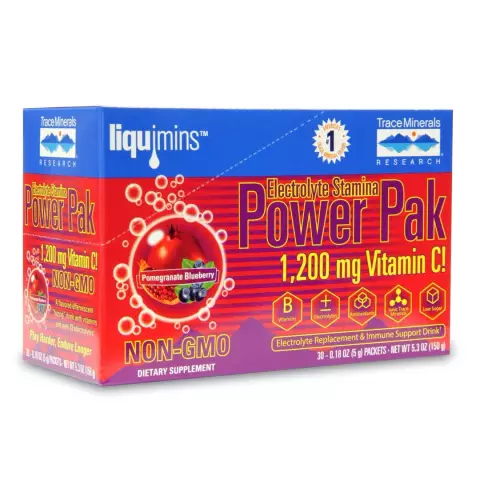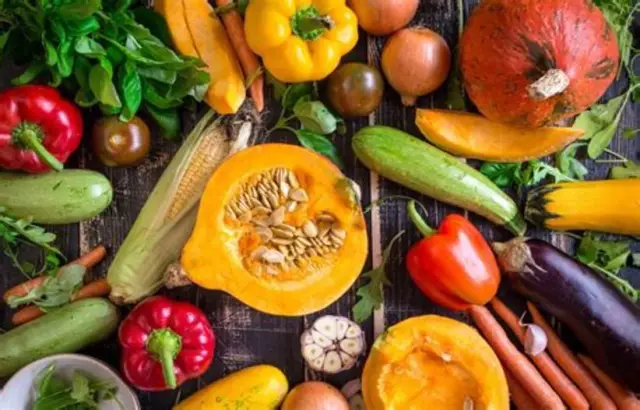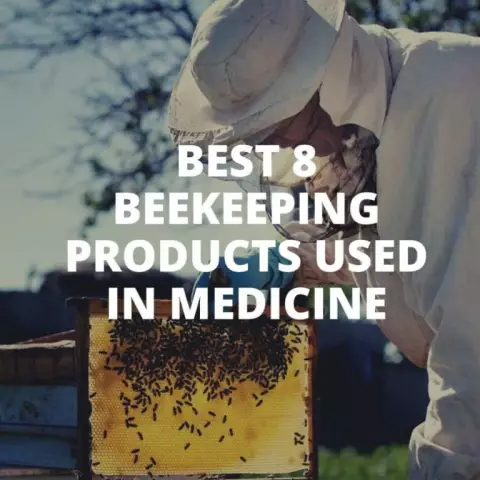- Author Rachel Wainwright wainwright@abchealthonline.com.
- Public 2023-12-15 07:39.
- Last modified 2025-11-02 20:14.
5 myths about bio-labeled products
A modern person does not always manage to find housing in an ecologically clean region and work that would not harm health. At first glance, the situation with food is better: stores are overflowing with goods that are positioned by manufacturers as safe and healthy. Many Russians are absolutely confident that they and their family members are guaranteed optimal nutrition by choosing products labeled “bio”, “eco” or “organic”. Unfortunately, this is not true.
Today we will get acquainted with the most common misconceptions about goods of this kind.

Source: depositphotos.com
"Organic" products are absolutely safe
The idea of the safety of "organic" products for human health is associated, first of all, with the confidence that no chemicals are used in their manufacture (plant protection products, fertilizers, etc.). However, products that fully meet these conditions simply do not exist now. Even certified eco-farms use chemicals that are indispensable.
A number of states have adopted the so-called organic standards, according to which lists of pesticides, fungicides, and medicines for the treatment of farm animals are formed. Substances included in such lists are produced mainly from natural raw materials and have low aggressiveness towards the environment. But they also act weaker than synthetic drugs of a similar purpose. For this reason, the owners of eco-farms often violate the regulations for the use of chemical additives (for example, they use permitted products in larger quantities than allowed). For the consumer, the result may be the purchase of an "organic" product containing "harmless chemicals" in high concentration, which calls its harmlessness into question.
Another statement about the safety of eco-products looks completely absurd. Some people believe that products with the appropriate label are sterile, that is, completely free from any pathogenic microorganisms. Of course, this has nothing to do with reality: the products of eco-farms contain the same bacteria as their usual counterparts (for example, E. coli), and also needs to be carefully processed before use.
Bio-labeled products are the tastiest
"Organic" food should not contain additional flavorings, sugar, large amounts of salt. A person accustomed to ordinary food perceives organic products as rather tasteless. However, adaptation occurs rather quickly, especially if there is a strong motivation to switch to a healthier diet.
Eco-products are more nutritious than usual
This is not true. The nutritional value of products is associated not so much with the way they are produced, but with the conditions and shelf life. So, any fruits, vegetables, berries or greens over time lose a significant part of the nutritional value, regardless of whether it is a farm product or an ordinary one.
Eco-goods production is closely monitored
Ideally, it should be so, but the real state of affairs does not always correspond to the principles declared by the manufacturers. In many countries, where the concepts of organic or ecological production are legislated, control is exercised not by government organizations, but by private firms. The manufacturer always has the opportunity to conduct his product through a loyal check and obtain the right to label it with the appropriate sign, without having sufficient grounds. It is clear that this is done in order to reduce the cost of production, since conscientious control of all stages of production (growing of raw materials, processing, production, packaging, transportation and storage) can make the final product too expensive and inaccessible for most consumers.
In Russia, there is no legislative consolidation of the concepts of "environmentally friendly" or "organic" in relation to the production of agricultural products at all. So domestic goods labeled “bio” or “eco” may not differ at all from the usual ones, and the application of appropriate labels on the packaging becomes just a marketing ploy.

Source: depositphotos.com
Organic farming preserves nature and saves humanity from hunger
Both statements are wrong. Cultivation of crops with minimal use of chemical additives is unproductive. For its widespread introduction, a significant expansion of agricultural areas will be required, and this cannot be achieved without large-scale deforestation, drainage of swamps and other options for the destruction of natural biocenoses.
Let's not forget that "organic" products are very expensive. So increasing their production will do nothing for people in the poorest countries who suffer from food shortages.
The decision on the need to switch to "organic" food should be made by a person independently. It's just that you should pay attention to the ratio of consumer properties and the cost of such goods, and also take into account that the labeling does not always reliably reflect their real qualities. In any case, a reasonable approach and a sober assessment of the information provided by the manufacturer is required.
YouTube video related to the article:

Maria Kulkes Medical journalist About the author
Education: First Moscow State Medical University named after I. M. Sechenov, specialty "General Medicine".
Found a mistake in the text? Select it and press Ctrl + Enter.






